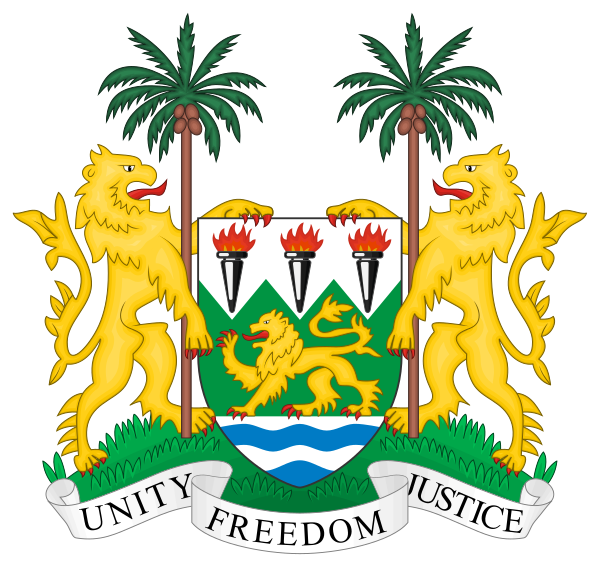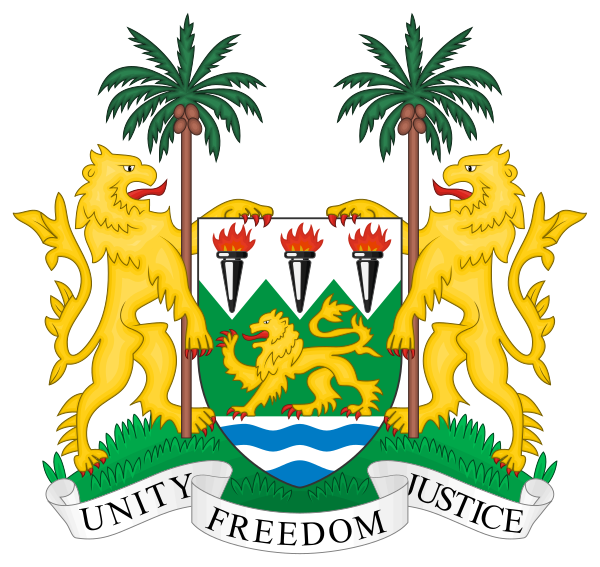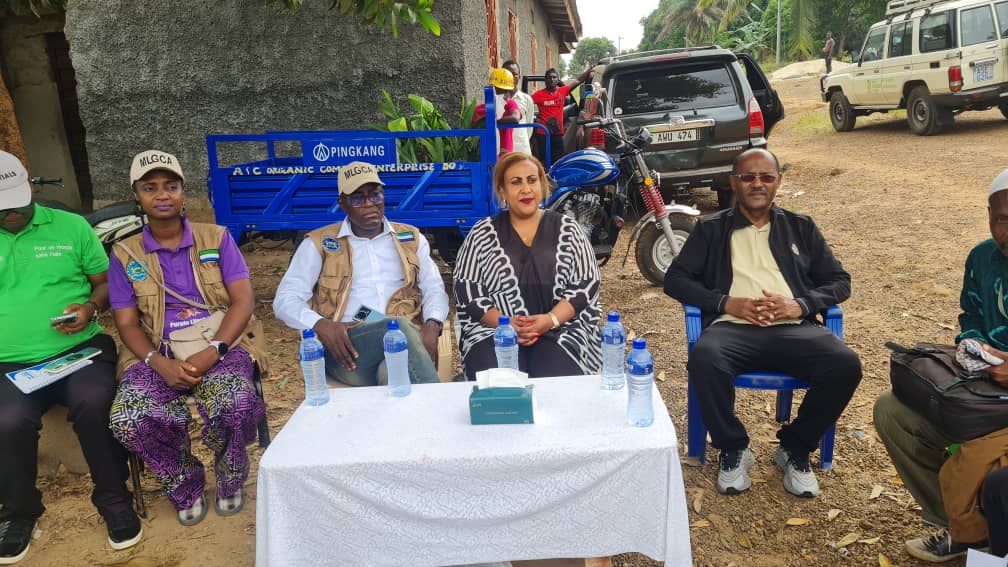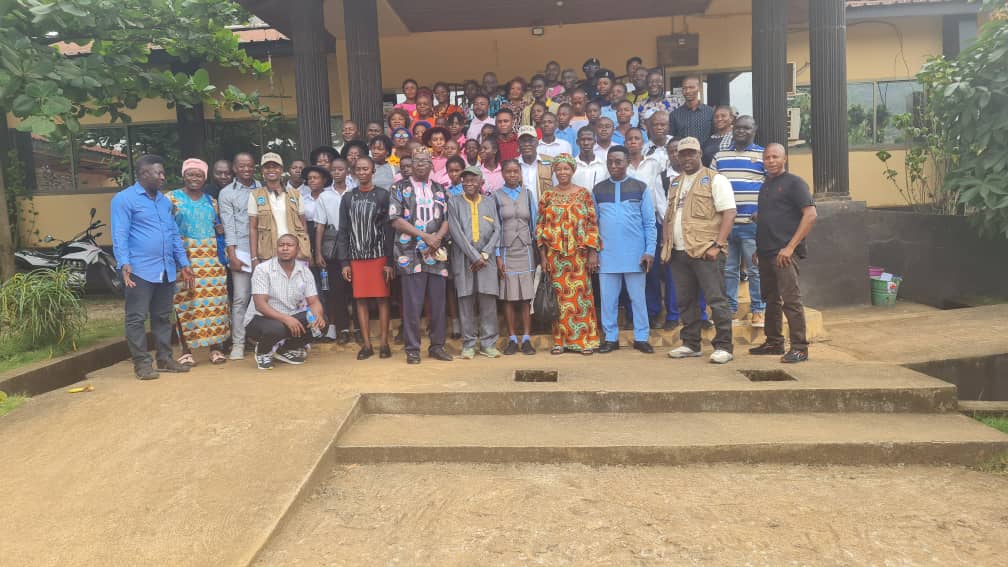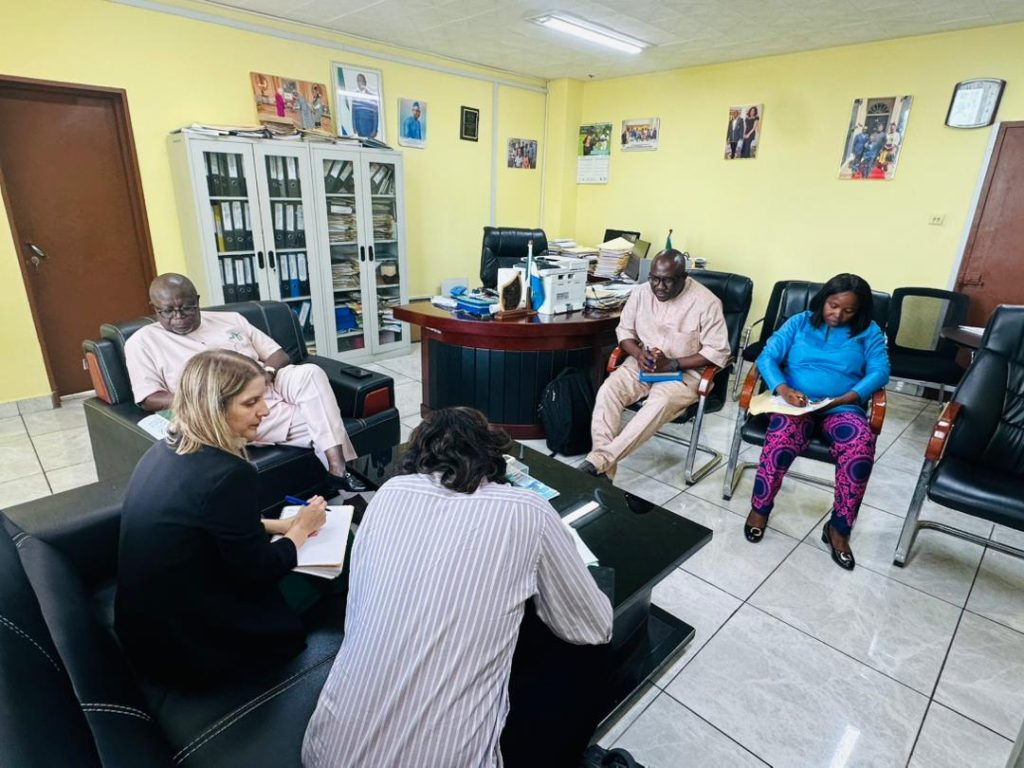
Minister Lamina Backs Property Tax Reform, Calls for Stronger Local Government Role
6th Floor, Youyi Building, Freetown, Sierra Leone 29 September, 2025 – The Minister of Local Government and Community Affairs, Ambassador Tamba Lamina, has underscored the importance of strengthening local government capacity in Sierra Leone’s ongoing property tax reform, describing it as a critical step toward sustainable revenue generation and improved municipal service delivery.
Speaking during an interview with Siddarth Sriram, Senior Monitoring, Evaluation and Learning Officer at the International Growth Centre (IGC), Minister Lamina reflected on the challenges, progress, and future direction of the reform, which was introduced in collaboration with the Freetown City Council (FCC), the IGC, the International Centre for Tax and Development (ICTD), and other development partners.
The Minister acknowledged that the reform initially faced difficulties, particularly around communication and inclusiveness. “When the reform was introduced, engagement was mainly with FCC. As the national government, we should have been more centrally involved from the start,” he admitted, adding that complaints from citizens over rate hikes prompted his ministry to step in and provide oversight.
Despite these early challenges, Minister Lamina welcomed the reform’s achievements, noting significant improvements in revenue collection across municipalities. “The good thing about this reform is that one system has been introduced, and we have seen a huge increase in revenue mobilisation,” he said.
He further revealed that the process spurred the ministry into action on longstanding gaps in the legal framework. “In 2004, the Local Government Act called for guidelines on property tax, but up to 2019 none existed. It was only after this reform that we brought stakeholders together to develop those guidelines, not just for Freetown, but for all local councils nationwide.”
Looking ahead, Minister Lamina stressed the need for fiscal decentralisation to complement political decentralisation. He pointed to the revised Local Government Act of 2022, which provides clearer structures for councils in areas such as tax collection, and hinted at plans to create new localities within Freetown to enhance effectiveness.
“We still face issues of transparency and workforce capacity,” the Minister cautioned, adding that politics sometimes hinders enforcement of tax laws. However, he expressed optimism that with sustained training, stronger systems, and greater ownership by councils, the reform will continue to expand successfully into other municipalities such as Makeni, Kenema, and Koidu.
Minister Lamina also emphasised the role of central government in sustaining reforms after donor support winds down. “There is no way the Ministry of Finance will allow such a system to collapse,” he assured. “But it is important that local councils themselves take ownership, because they are at the centre of implementation.”
The property tax reform, first piloted in Freetown, is now regarded as a model for boosting municipal revenue and improving service delivery across Sierra Leone. With the Ministry of Local Government stepping up oversight and policy support, the reform is positioned to strengthen not only fiscal autonomy but also the broader decentralisation process in the country.
For details:
Frederick V Kanneh
Information Officer
MLGCA
